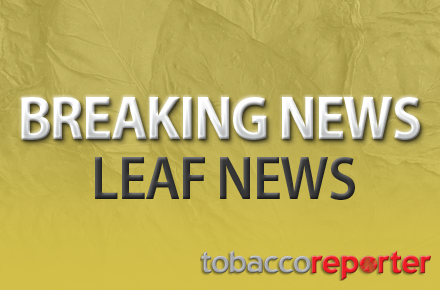The US government is appealing against a federal judge’s ruling that has overturned a requirement for graphic warning labels to be included on cigarette packs, according to a Bloomberg News story.
The Food and Drug Administration has filed a notice of appeal in the US District Court in Washington seeking to overturn Judge Richard Leon’s February 29 decision that the government’s requirement violates the tobacco companies’ rights to free speech.
The US Court of Appeals in Washington is already scheduled to hear arguments on April 10 on the government’s challenge to a ruling Leon issued in November that cancelled a September 22 deadline for tobacco companies to begin including the graphic images.
It is unclear whether the three-judge panel will consider the latest appeal on April 10.
The graphic images – nine in all – would have had to have taken up the top halves of the front and back of all cigarette packages and the top fifth of all advertising.
However, the requirement was challenged by R.J. Reynolds Tobacco, Lorillard, the Liggett Group, Commonwealth Brands, and Santa Fe Natural Tobacco Co Inc on the grounds that it would force them to engage in anti-smoking advocacy against their own legal products.
In a statement posted on its website, Reynolds said that Judge Leon had agreed with the tobacco companies that the proposed warnings violated the First Amendment by forcing manufacturers to distribute an anti-smoking policy message.
The court cited data included in the FDA’s regulation that showed the graphic warnings would have little to no effect in reducing tobacco use. In particular, the FDA’s analysis of the regulation estimated that the warnings would likely cause no statistically significant change in US smoking rates.
The court noted also that the chief expert report relied on by the FDA conceded that the goal of such graphic warnings ‘is not to promote informed choice but rather to discourage consumption of tobacco products’.







